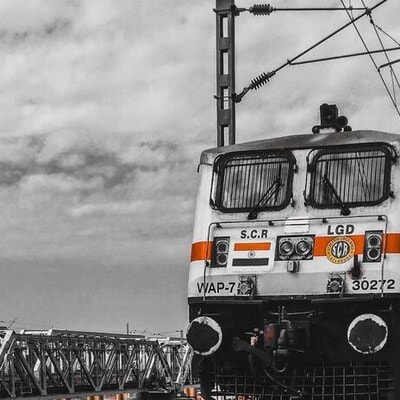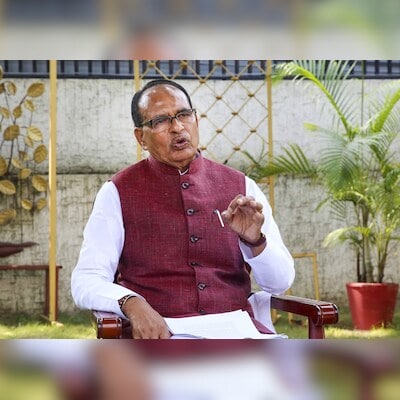Railway Minister Ashwini Vaishnaw conducted a detailed review of the ‘Kavach’ Automatic Train Protection (ATP) system on Tuesday, overseeing critical upgrades and successful trials between Sawai Madhopur and Indargarh stations in Rajasthan under the West Central Railway Zone. The trial demonstrated the system’s capability to prevent accidents in seven different emergency scenarios, solidifying its role as a game-changer in rail safety.
Vaishnaw hailed Kavach as the “future of rail safety,” outlining plans to install the system in 10,000 locomotives and along 9,000 km of railway tracks in the first phase. A nationwide deployment is targeted for December 2030.
Kavach successfully tested in seven emergency situations:
2/9 PSR (Permanent Speed Restrictions):
The train was running at 130 kmph, but KAVACH automatically reduced the speed to 120 kmph through the caution zone and restored it back to 130 kmph after exiting. pic.twitter.com/LCKqZzRDiR
— Ashwini Vaishnaw (@AshwiniVaishnaw) September 25, 2024
Level crossing whistling: The system automatically sounded the horn at level crossings, even when the driver did not.
6/9 Cab Signalling:
The next signal aspect was continuously visible on the loco’s cab display throughout the journey, successfully testing the cab signalling system. pic.twitter.com/KtLJ2gabLI
— Ashwini Vaishnaw (@AshwiniVaishnaw) September 25, 2024
7/9 Home Signal Passing:
The driver attempted to cross a red home signal, but KAVACH prevented the train from crossing, ensuring safety and stopping it in time. pic.twitter.com/pGakQw3u7o
— Ashwini Vaishnaw (@AshwiniVaishnaw) September 25, 2024
Kavach: A game-changer for rail safety
The Kavach system, developed by the Research Designs and Standards Organisation (RDSO), automatically applies brakes in emergency situations where the driver may fail to act. With increasing demand for improved safety measures following several high-profile rail accidents, Kavach is seen as a crucial addition to India’s railway safety infrastructure.
First Published: Sep 26 2024 | 12:26 PM IST













Leave a Reply